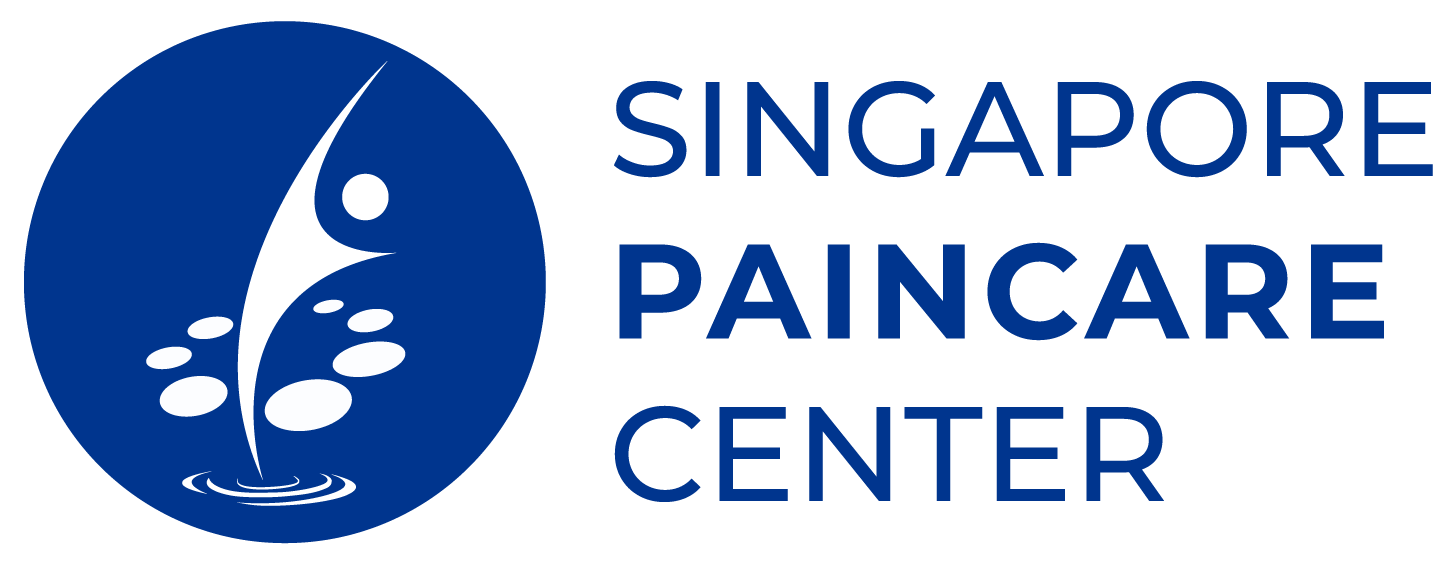Shoulder Rotator Cuff Tears
Shoulder Rotator Cuff Tears
A rotator cuff is a group of muscles and tendons in your shoulder. They keep the ball of your upper arm bone (humerus) in the shoulder blade socket, which helps you lift your arms and move them away from your body. These intrinsic muscles are important in fine motor control of the shoulder. Rotator cuff tears occur when tendons are pulled away from the arm bone or opposing forces occur along the muscles due to a sudden change in forces upon the shoulder.
What Causes Shoulder Rotator Cuff Tears?
As a result of a fall or accident, a broken collarbone or dislocated shoulder can tear the rotator cuff. Rotator cuff tears primarily stem from tendon degeneration or accumulated wear and tear as they age.

Possible Causes of Shoulder Rotator Cuff Tears
Osteoarthritis of the Shoulder
Decreased blood circulation
Spurs
Symptoms Of Shoulder Rotator Cuff Injuries
Dull ache
Restricted range of motion
Arm weakness
A Message On Shoulder Rotator Cuff Tears
Often rotator cuff tears are associated with trauma or accidents. Most of the rotator cuff tears seen are due to ageing wear and tear of the tendons or acromial bony spurs.
The initial presentation of a Rotator cuff is heralded by pain and weakness. Subsequently, it may progress to stiffness and restriction of movement. Depending on the severity of the rotator cuff tear, and the lifestyle requirement of the patient, there are various approaches to tear injuries. Not all need surgery to reattach the torn segment for recovery of shoulder pain.
Simple non-invasive injection treatments can resolve shoulder pain. The shoulder weakness may be compensated by other supporting muscle groups of the shoulder. Intensive rehabilitation can reverse the stiffness and restriction of movement. There may be some reduction of strength despite the full recovery of the shoulder pain.
Diagnosing Shoulder Rotator Cuff Injury
Here at Singapore Paincare, our team of experienced primary care physicians and pain care specialists together with an orthopedic surgeon will evaluate your condition. This includes a physical exam, questions about your symptoms, and an evaluation of your medical history. An MRI will be needed to confirm the diagnosis. An X-ray investigation will not be able to evaluate soft tissue rotator cuff tendon injuries.
What Treatments Are Available for Shoulder Rotator Cuff Tears?
At Singapore Paincare, we strive to treat your pain with the least invasive option possible after accurately identifying the cause. Our approach to pain resolution focuses on the removal of pain generators via specialised injection and minimally invasive procedures. Combined with pharmacological treatments and cognitive and physical rehabilitative therapies, we help patients improve functions and prevent pain from recurring.
Non-surgical Treatments for Shoulder Rotator Cuff Tears
Physiotherapy and exercises
Myospan Injection with PRP
If the above treatments are not helpful, our doctors will inject platelet-rich plasma injection into the torn tendon. The PRP will increase blood flow and proliferation of fibroblastic mediators into the torn segment to facilitate repair and regeneration. This PRP injection is combined with local anaesthetics. There is no downtime and the effect of recovery can be seen between 1 week to 3 weeks.
Non-steroidal anti-inflammatory drugs (NSAIDs)
Surgical Treatments for Shoulder Rotator Cuff Tears
Short-termed rotator cuff injuries can be resolved with conservative treatments. However, severe injuries such as a complete tear of tendons may require surgery, this is usually discussed with our doctors to see if patients are suitable candidates.
If you choose to have surgery, your options may include:
Arthroscopy
Open Repair
The patient must wear an arm sling for at least four to six weeks after surgery before they can begin physical therapy. Most people regain shoulder strength and function within four to six months after surgery. But it may take up to 18 months for a full recovery.
How Can I Prevent A Shoulder Rotator Cuff Tear?
• Keeping your muscles and tendons flexible can help prevent rotator cuff tears.
• Gradual loading of the shoulder joint without a sudden change in direction
• Be careful with lifting heavy loads or subjecting your shoulder to awkward overhead positions.
• All falls involving the hand or shoulders should be evaluated by a doctor to rule out early rotator cuff tears.
Get Your Pain Resolved
Send your enquiries or consult our pain experts today.


